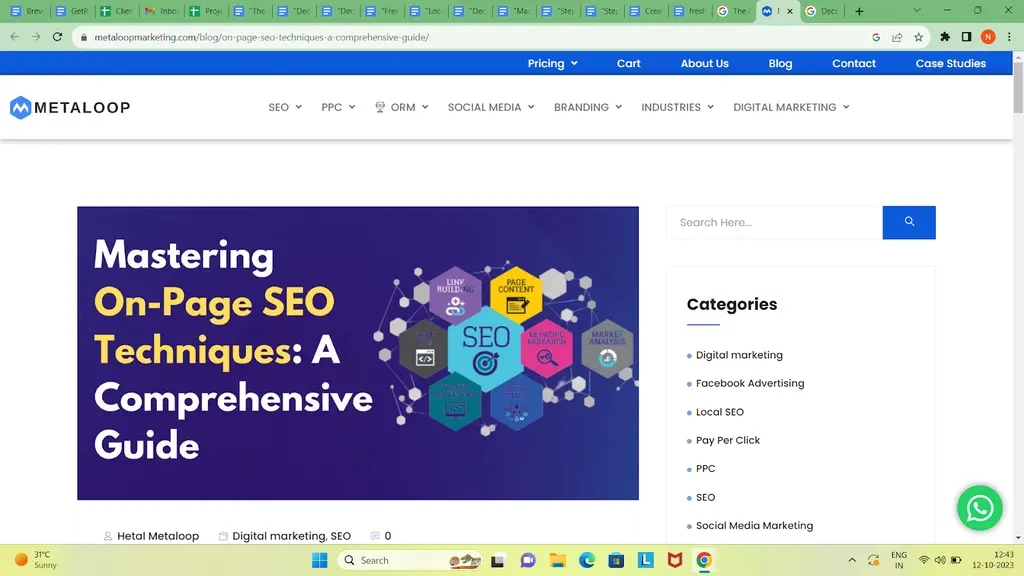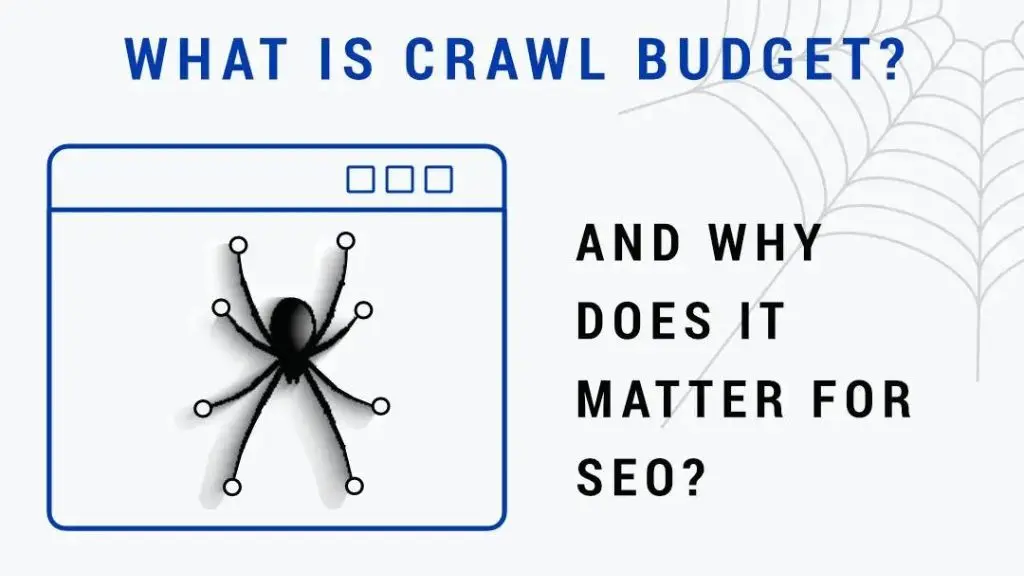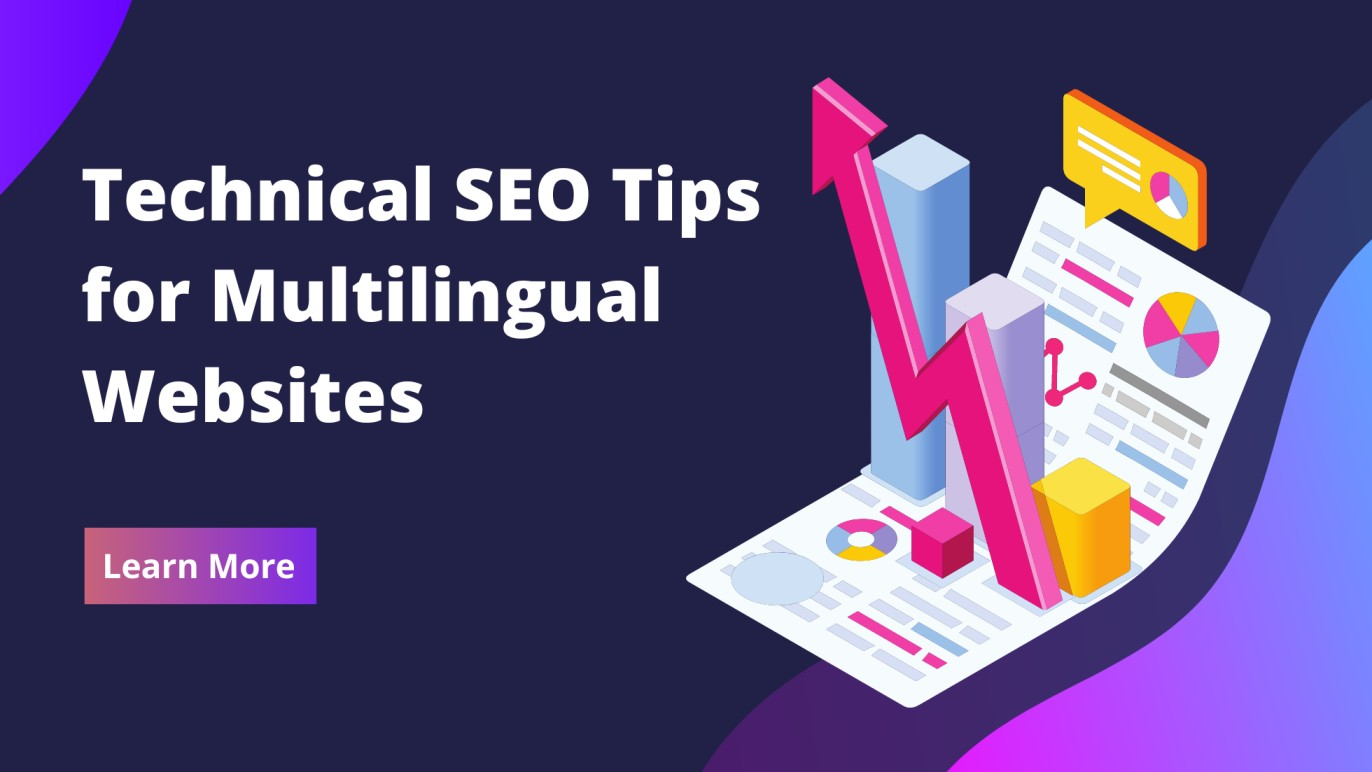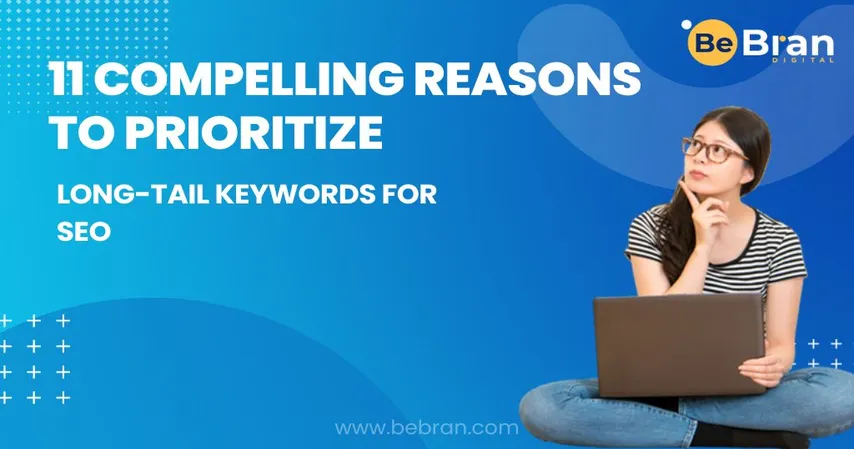What is keyword cannibalization?
Keyword cannibalization refers to the situation where multiple pages from the same website compete for the same or similar keywords in search engine rankings.
2. What is the keyword cannibalization meaning in the context of SEO?
In the context of SEO, keyword cannibalization means that multiple pages of a website are targeting the same keyword, leading to internal competition and potentially affecting the site's overall SEO performance.
3. Why is keyword cannibalization in SEO a concern for website owners?
Keyword cannibalization in SEO can dilute the SEO value of a page because search engines might struggle to determine which page is more relevant. This can lead to decreased rankings and lost traffic.
4. How does keyword cannibalization impact search engine rankings?
When multiple pages target the same keywords, search engines can get confused about which page to rank higher. As a result, instead of one strong page ranking well, you might end up with multiple weaker pages ranking lower.
5. What is the difference between having a content-rich website and keyword cannibalization SEO problems?
While having a content-rich website is essential for providing value to users, keyword cannibalization SEO issues arise when these contents overlap in their keyword targeting, leading to internal competition. A balanced approach ensures diverse content without cannibalizing keywords.
6. How can you identify if your website suffers from keyword cannibalization?
Using SEO tools, analyze your website's pages for overlapping keyword targets. If you find multiple pages ranking for the same keyword or search intent, it might indicate keyword cannibalization.
7. How to avoid keyword cannibalization in content creation? To avoid keyword cannibalization:
- Do regular keyword mapping for your site.
- Ensure each page targets unique primary keywords.
- Consolidate or differentiate content that overlaps in keyword targeting.
- Use internal linking strategically to signal the main page for a specific keyword.
8. If I've already created overlapping content, how can I resolve keyword cannibalization SEO issues? If you've identified keyword cannibalization on your website:
- Merge similar content to create one authoritative page.
- Consider using canonical tags to signal which page is the primary one.
- Re-optimize each page to target distinct keywords.
- Redirect outdated or less relevant pages to the primary ones.





































































![1707475220 Bebran[1]](https://bebran.com/public/uploads/1709129094_1707475220_bebran[1].webp)

![1707475220 Bebran[1]](https://bebran.com/public/uploads/1709132759_1707475220_bebran[1].webp)

![1707475220 Bebran[1]](https://bebran.com/public/uploads/1709133996_1707475220_bebran[1].webp)

![1707475220 Bebran[1]](https://bebran.com/public/uploads/1709135250_1707475220_bebran[1].webp)

![1707475220 Bebran[1]](https://bebran.com/public/uploads/1709135874_1707475220_bebran[1].webp)

![1707475220 Bebran[1]](https://bebran.com/public/uploads/1709136770_1707475220_bebran[1].webp)







![1707475220 Bebran[1]](https://bebran.com/public/uploads/1709188948_1707475220_bebran[1].webp)

![1707475220 Bebran[1]](https://bebran.com/public/uploads/1709190426_1707475220_bebran[1].webp)


























































































